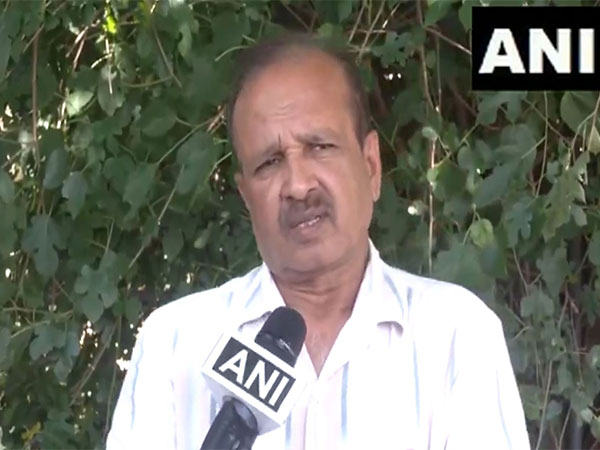Chandigarh (Punjab) [India], April 24 (ANI): After India suspended the Indus Waters Treaty with Pakistan after the Pahalgam attack the claimed 26 lives, Dr Mohammed Khalid, retired Professor of Political Science at Panjab University explained that while India has full control over the Sutlej, Beas, and Ravi rivers, 80% of the waters from the Chenab and Jhelum still flow to Pakistan under the treaty signed in 1960.
Speaking to ANI, Dr Khalid pointed out that the immediate effects may be limited, but the symbolic and strategic implications are profound.
“The entire country is saddened by this terrorist attack. We have not dissolved the Indus Water Treaty, but have suspended it. Suspending it means that we will not follow its provisions for the time being. After independence, the rivers of Punjab were divided between India and Pakistan. Out of these, we have special control over three rivers – Sutlej, Beas and Ravi. That is, India uses all its water. Chenab and Jhelum rivers are in Pakistan’s share, but we can use only about 20 per cent of that water. 80 per cent of the water goes to Pakistan… This treaty was in place since 1960,” Professor Khalid said.
“Now, after its suspension, it will not have any immediate effect on Pakistan, because until you can stop the water going into the river and use it, you cannot do anything. According to international agreements, you cannot stop the natural flow of water in a river passing between two states and another thing is that neither India nor Pakistan can end this agreement. It will have an impact if we are able to stop the water,” he said.
The Indus Waters Treaty was signed in 1960, following nine years of negotiations between India and Pakistan, with the assistance of the World Bank, which is also a signatory. The negotiations were initiated by former World Bank President Eugene Black. Recognised as one of the most successful international treaties, it has endured frequent tensions, including conflict, and has provided a framework for irrigation and hydropower development for over half a century. Former US President Dwight Eisenhower described it as “one bright spot … in a very depressing world picture that we see so often.”
The Treaty allocates the Western Rivers (Indus, Jhelum, Chenab) to Pakistan and the Eastern Rivers (Ravi, Beas, Sutlej) to India. At the same time, the Treaty allows each country certain uses of the rivers allocated to the other. The treaty gives India 20% of the water from the Indus River System and the rest 80% to Pakistan.
Apart from the abeyance of the Indus Water Treaty, the Cabinet Committee on Security (CCS) took the following measures, which included five key decisions.
“The Defence/Military, Naval and Air Advisors in the Pakistani High Commission in New Delhi are declared Persona Non Grata. They have a week to leave India. India will be withdrawing its own Defence/Navy/Air Advisors from the Indian High Commission in Islamabad. These posts in the respective High Commissions are deemed annulled. Five support staff of the Service Advisors will also be withdrawn from both High Commissions,” Foreign Secretary Vikram Misri said. He also mentioned that the Integrated Check Post at Attari will be closed with immediate effect.
As many as 26 people were killed in the dastardly attack by terrorists on tourists in Pahalgam in Jammu and Kashmir on Tuesday. (ANI)
Disclaimer: This story is auto-generated from a syndicated feed of ANI; only the image & headline may have been reworked by News Services Division of World News Network Inc Ltd and Palghar News and Pune News and World News
HINDI, MARATHI, GUJARATI, TAMIL, TELUGU, BENGALI, KANNADA, ORIYA, PUNJABI, URDU, MALAYALAM
For more details and packages












